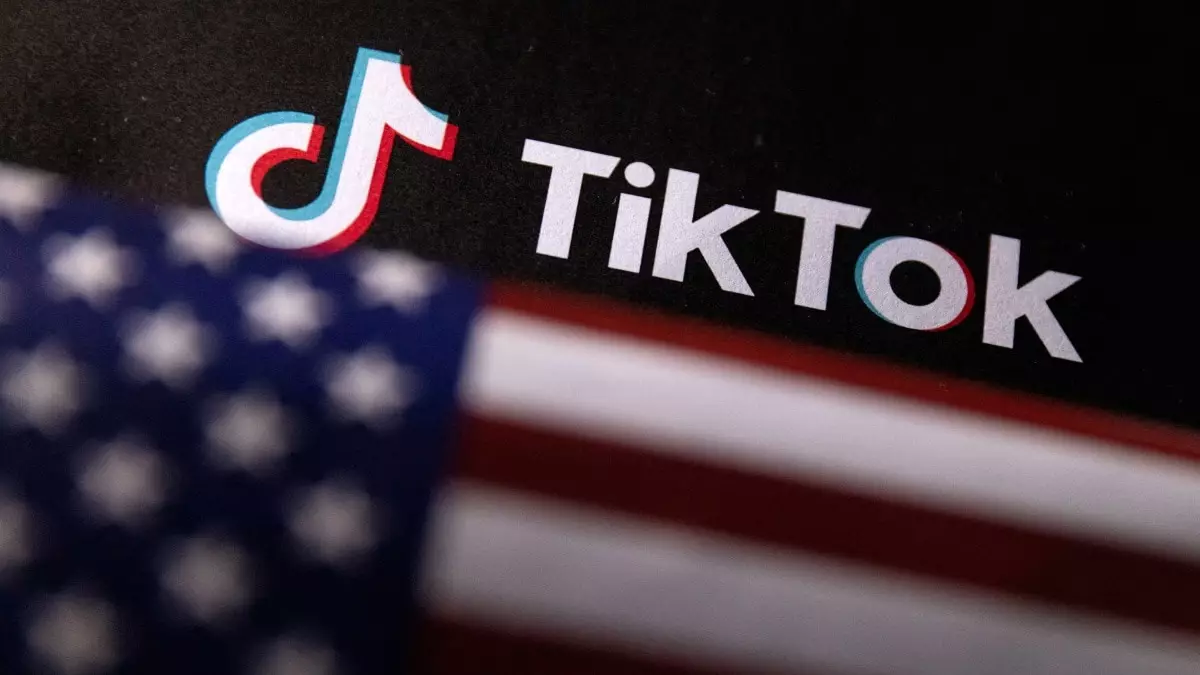The fate of TikTok in the United States has become a significant legal and political conundrum, intertwined with issues of national security, corporate ownership, and the burgeoning influence of social media on free expression. The situation is particularly poignant following the emergence of President-elect Donald Trump’s appeal to the Supreme Court to stay the execution of a law mandating the app’s divestment prior to its potential ban in January. This situation epitomizes the tension between governmental authority and private enterprise in a rapidly evolving digital age.
The underlying legislation stems from intensified concerns over TikTok’s parent company, ByteDance, being based in China. It stipulates that unless ByteDance relinquishes ownership of TikTok and sells it to an American company by January 19, the app’s operations in the U.S. will be forcibly halted. This ban poses an existential threat to TikTok, which has grown to a staggering 170 million users within the United States. The Supreme Court is set to deliberate on this contentious matter, amid conflicting perspectives on how to navigate the delicate balance between national security and the rights of American consumers.
Interestingly, this recent support from Trump represents a stark deviation from his prior hardline stance against TikTok in 2020, when he sought to pressure the company into an American sale due to perceived threats posed by its Chinese roots. This nuanced shift may reflect TikTok’s strategic efforts to engage with Trump’s administration, showcasing a keen awareness of the importance of political alliances in business operations. Notably, Trump himself has expressed optimism about TikTok, claiming a “warm spot” for the platform, which has potentially become a vehicle for his influence during the recent election cycle.
The Arguments on Both Sides
The debate surrounding TikTok is underpinned by divergent views on security versus freedom of expression. On one side, advocates of the ban emphasize the necessity of curbing potential national security threats posed by foreign ownership of popular communication platforms. The U.S. Justice Department has continuously raised alarms about Chinese control over TikTok, framing it as a risk that might compromise sensitive user data and facilitate dissemination of propaganda.
Conversely, free speech advocates argue vehemently that banning TikTok resembles tactics employed by authoritarian regimes, including censorship mechanisms that stifle personal liberties. They contend that such a legislative imposition sets a dangerous precedent, one that could empower governmental control over technology and communications in ways that threaten the very fabric of democratic discourse.
The Factors Influencing the Supreme Court’s Decision
The Supreme Court’s impending decision will no doubt hinge on the complex intertwining of legal principles, public opinion, and political ramifications. The Court is faced with the duty to interpret the law in a manner that safeguards constitutional rights while addressing legitimate concerns about national security. With Trump’s administration seeking a delay, the question arises: can a political resolution sufficiently mitigate the apprehensions surrounding TikTok, or will the court be compelled to take a firmer stance in defense of national security?
Further complicating the scenario is the swift evolution of social media platforms as arenas for both expression and influence, challenging lawmakers and regulators to keep pace. TikTok’s claim that it operates its data storage in the U.S. under Oracle’s oversight seeks to assuage fears, yet skepticism persists regarding the extent of ByteDance’s oversight and operational influence.
This legal battle signifies more than just the future of TikTok; it encapsulates a profound struggle over the rights of American users, the role of foreign ownership in vital sectors, and the extent to which the government may intervene in regulating technology. As the Supreme Court prepares to assess the constitutionality of the legislation and appraising the legitimacy of the claims being made, the implications of their ruling will ripple far beyond TikTok itself, setting precedents that could redefine the regulatory landscape of digital platforms in the United States for years to come.

